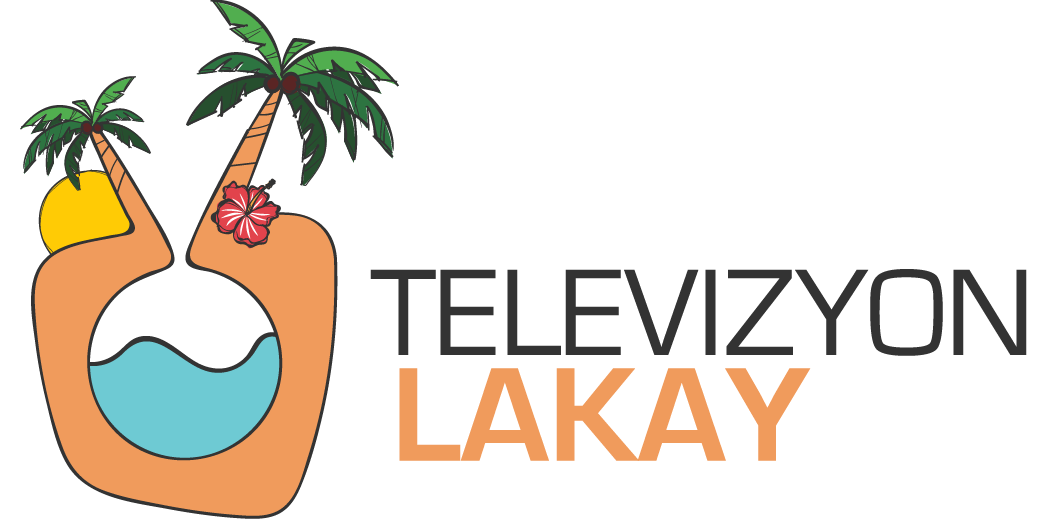Border controversy not up for discussion but President Ali willing to engage Maduro on shared issues
 border controversy that is squarely before the International Court of Justice (ICJ) but President Dr. Irfaan Ali says he remains open to discussing shared issues with his Venezuelan counterpart, Nicolás Maduro.
border controversy that is squarely before the International Court of Justice (ICJ) but President Dr. Irfaan Ali says he remains open to discussing shared issues with his Venezuelan counterpart, Nicolás Maduro.
President Ali says his openness to engaging Mr. Maduro is grounded in maturity and responsibility.
“As a good neighbour, understanding that we live in the same regions and share the same space, understanding that there are important issues that must be addressed together, I have always said that I am prepared to meet on this matter and address those issues as all good neighbours do,” President Ali told reporters at a press conference on Saturday.
The Head of State made it clear that the border controversy, which is before the ICJ, cannot be part of any talks between himself and Mr. Maduro.
“We have chosen the ICJ as the place where the controversy from Venezuela must be settled.
</p>
<p>” data-medium-file=”https://i0.wp.com/newsroom.gy/wp-content/uploads/2023/11/Irfaan-6.jpeg?fit=300%2C207&ssl=1″ data-large-file=”https://i0.wp.com/newsroom.gy/wp-content/uploads/2023/11/Irfaan-6.jpeg?fit=1024%2C708&ssl=1″ class=” wp-image-172064″ alt=”” width=”727″ height=”503″ srcset=”https://i0.wp.com/newsroom.gy/wp-content/uploads/2023/11/Irfaan-6.jpeg?resize=1024%2C708&ssl=1 1024w, https://i0.wp.com/newsroom.gy/wp-content/uploads/2023/11/Irfaan-6.jpeg?resize=300%2C207&ssl=1 300w, https://i0.wp.com/newsroom.gy/wp-content/uploads/2023/11/Irfaan-6.jpeg?resize=768%2C531&ssl=1 768w, https://i0.wp.com/newsroom.gy/wp-content/uploads/2023/11/Irfaan-6.jpeg?w=1432&ssl=1 1432w” sizes=”(max-width: 727px) 100vw, 727px” data-recalc-dims=”1″></a><figcaption class=) Members of the press and other officials at a press conference hosted by President Dr Irfaan Ali (Photo: Office of the President/November 18, 2023)
Members of the press and other officials at a press conference hosted by President Dr Irfaan Ali (Photo: Office of the President/November 18, 2023)“The matter is properly before the court so it is not up for negotiations and discussions,” he said.
Bilateral talks, in the past, have failed to bring a resolution to the Guyana/ Venezuela controversy.
After decades of negotiations failed to bring a resolution to the border controversy, the United Nations Secretary-General referred the controversy to the World Court and Guyana filed its case in March 2018 to obtain a full and final settlement.
The provision for the UN Secretary-General to determine the means to permanently settle the border controversy is provided for in the Geneva Agreement. This agreement was signed by then Prime Minister of Guyana Forbes Burnham and Venezuela’s Minister of Foreign Affairs Ignacio Borges in 1966 shortly after Venezuela first raised an objection to the 1899 arbitral award that settled the boundaries of Guyana.
Because of that, the controversy was referred to the ICJ.
Venezuela accepted that award and participated in the marking of the boundary line, accepting Guyana’s land area as legal, doing so for six decades until it raised an objection to the arbitral award on the eve of Guyana’s independence from Great Britain.



